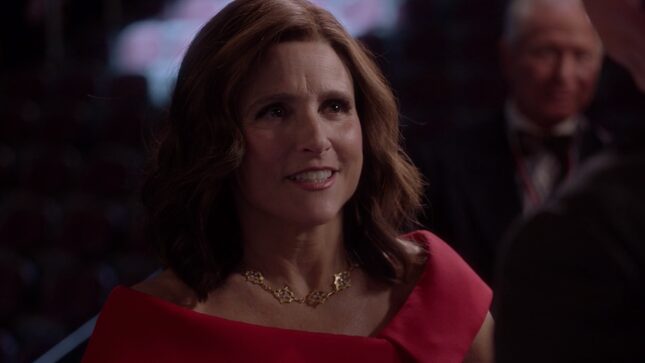
Screenshot: HBO
Since its premiere five weeks ago, the final season of Game of Thrones has suffered jarring pacing issues and disappointing (or downright nonsensical) resolutions, which have affected the show’s fans to the point that the internet becomes exclusively a place to air one’s Game of Thrones grievances for the 24 hours following each episode’s start time. There are likely myriad reasons for this extreme shift—from budgetary and timing constraints, to the pressure to please both diehard and casual fans—but most of the blame probably lies with a lack of published source material. Creators David Benioff and D.B. Weiss had five of author George RR Martin’s novels to use as a foundation for Seasons 1 through 6, but to rely on “major points” told to them by Martin “five or six years ago” to wrap up the final two. What began as a meandering and sometimes laborious exploration of politics and power is now a clunky fantasy epic with about 20,000 words left to write and only half-an-inch left on the page.
An inverse of sorts occurred to another HBO series throughout its final season. With Game of Thrones, venturing beyond the page transformed the show into something unrecognizable. In the case of Veep, however, blatantly referencing the current state of American politics had a similar effect. It was a different kind of show, and came to a wonderfully dark and satisfying conclusion because of it.
-

-

-

-

-

-

-

-

-

-

-

-

-

-

-

-

-

-

-

-

-

-

-

-

-

-

-

-

-

-

-

-

-

-

-

-

-

-

-

-








































